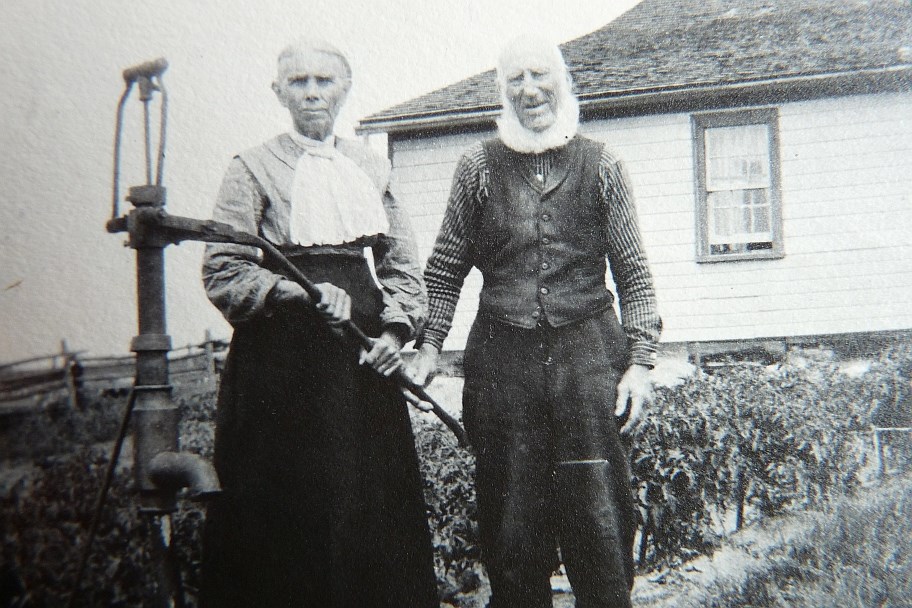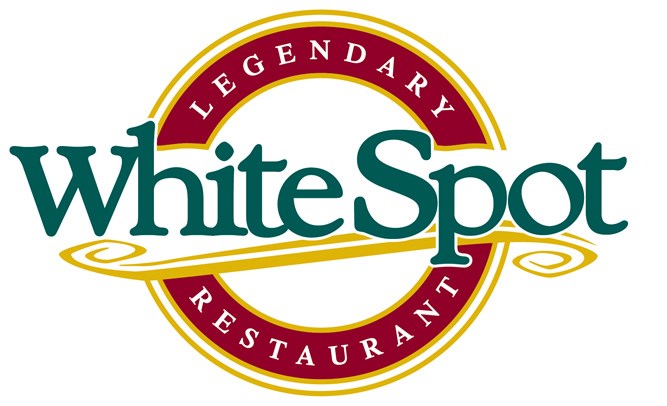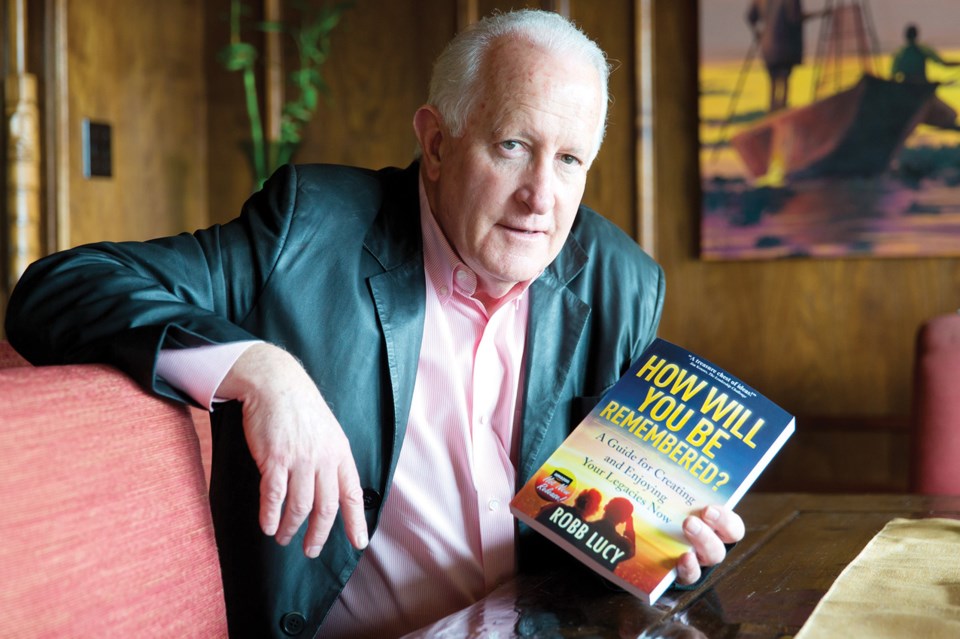Have you ever been to a celebration of life and thought, “Wow, what great stories, but I wish I knew more.”
I know I have.
This pandemic has brought anxiety and uncertainty, but it’s also brought opportunity.
Some of us are losing something far more valuable than summertime on the deck with friends and a bottle of wine. We’re losing the invaluable stories of our family histories simply because we’ve never taken the time to gather them.
Well, holy Chardonnay Batman, time is something we’re not short of these days, right?
Think about this: We pass down our valuables in our will, but shouldn’t we also pass down our values and experiences? You know, all those things that will cause our descendants to say, “Ah, that’s who we come from!”

The photo on this page is of my great grandparents. They emigrated from Cork, Ireland to a boggy, mosquito-laden plot of land in north Ontario. They came with five kids and had five more (Irish Catholic, methinks). I would love to know more about their lives; how they lived, the hardships, the joys. But they didn’t leave us any stories. They didn’t have the technology and they were probably illiterate anyway.
You may have heard the phrase: “Stories have to be told or they die. And when they die, we can’t remember who we are or why we’re here.”
These days, with time on our hands, we’re all promising to tackle that endless to-do list. You know, the tiles in the bathroom or planting a herb garden that might actually grow.
Let’s add something to that list that’s even more important: collecting our family stories.
An Allianz Insurance Company study asked Boomers and their parents what they wanted from the family inheritance. Boomers didn’t want stuff. Their No. 1 priority? They wanted the family stories.
So, what’s the value in collecting the stories of Mom, Dad, Grandma, Grandpa and weird old Uncle Charlie? From personal experience, I know these stories deepen our connection to family and friends. Generations from now our descendants will love getting to know us – warts and all.
And what will we get out of it? We’ll learn stories of relationships and events that we never knew. Our curiosity will bring unexpected discoveries, emotional and spiritual surprises, hidden truths, forgotten strengths, new insights, and events that have been misinterpreted and are now reexamined.
These are the “aha” moments of life that help us understand who we really are.
Tough to do? Nope. Here are three ways to get started.
1. Tell your story. Call this your Legacy Letter. It’s the story of you and your life. It doesn’t have to be long. To start it could be “My experience with COVID-19 in the year 2020.” You could add career, family, joys, sorrows, adventures, apologies, love given and taken and more. I chose to describe five values I live by: integrity, connection, wisdom, creativity and joy. Do a search for list of values and pick yours. I wrote why each value was important to me, and then told a story of how I lived that value.
When I finished the letter and wiped away my tears, I put it in my desk. I felt relieved, peaceful and happy. It was me on paper. My wife knows where my letter is. When my family reads it they’ll learn how I felt about my life, and my descendants will learn a few things about long gone Uncle Robb.
2. Gather your stories. Do you have a person in your life whose story you don’t want to disappear? Tell them you want to talk to them tomorrow or soon after. You just want a chat. You only need to be curious and ask one question: “Tell me about…” (TMA). “TMA your childhood? TMA your first job. TMA meeting Grandma. TMA the barn burning down. TMA your greatest joy. TMA your greatest disappointment. “But I don’t have any stories,” they might say. All that means is no one has ever asked for their stories. You should say, “OK, then let’s just talk. I want to know more about you. Tell me about your childhood?” And then be ready for the stories to come pouring out.
3. Create new stories. This is where you create an imaginary story that might come true in the future. You’re full of talents and skills. Pick one and write a story about what you wish you had done with that talent or skill. Let’s say you’re a gardener. Write a short story about how you developed drought resistant crops and saved thousands of lives. Or if you’re a retired violinist, tell us how you introduced the violin for free on Saturday mornings to neighbourhood kids, and one of them became a world-class musician. Or after the first aid course you taught, one of your students developed vaccines for every virus the world threw at us. Dream of your legacy stories and they might just come true.
How to collect these stories? Well, you’ve got some choices. Write then down by hand as you hear them. Videotape the storyteller, either with a professional set-up or your iPhone.
My preferred method: record the storyteller with a small digital audio recorder. This way you have audio to listen to, or use in a video, or transcribe for a short book.
I talked to Dr. Marshall Duke of Emory University in Atlanta on our podcast (www.legacycafe.org). This was the finding of his study on children and stories: “Family stories are a critical part of adolescents’ merging identity and well-being. Teens who knew more stories about their extended family showed higher levels of emotional well-being, with higher self-esteem, better family functioning, greater family cohesiveness, lower levels of anxiety, lower incidence of behavior problems and higher levels of identity achievement.”
This pandemic is helping us confirm what is most important in our lives. So, for the kids, for grandpa, for weird old Uncle Charlie, and to tell the virus it will never win, start finding and preserving your family’s stories.
Because as writer Ellen Goodman said: “What the next generation will value is not what we owned, but the evidence of who we were, and the tales of how we loved.”
Tsawwassen resident Robb Lucy is an author, speaker and producer. His recent book is: How Will You Be Remembered? The Definitive Guide to Creating and Sharing your Life Stories. For assistance in gathering your family stories, contact him at: [email protected].
Share your story to win a fabulous White Spot prize

Got a story you’d like to share? A personal story you want your family and descendants to know? A story you’ve gathered from an important person in your life?
If so, enter our contest and be eligible to win a fabulous prize courtesy of White Spot. The winner will get to choose from White Spot’s On the Go truck bringing dinner for 30 post pandemic or dinner for two once a month for a year.
Send your maximum 300-word story to [email protected] by May 18. The winner will be announced May 28.
The winning entry will be selected for its originality and memorability by Robb Lucy and the Delta Optimist.
Please confirm you agree to have your story published in the Delta Optimist both in print and online.



